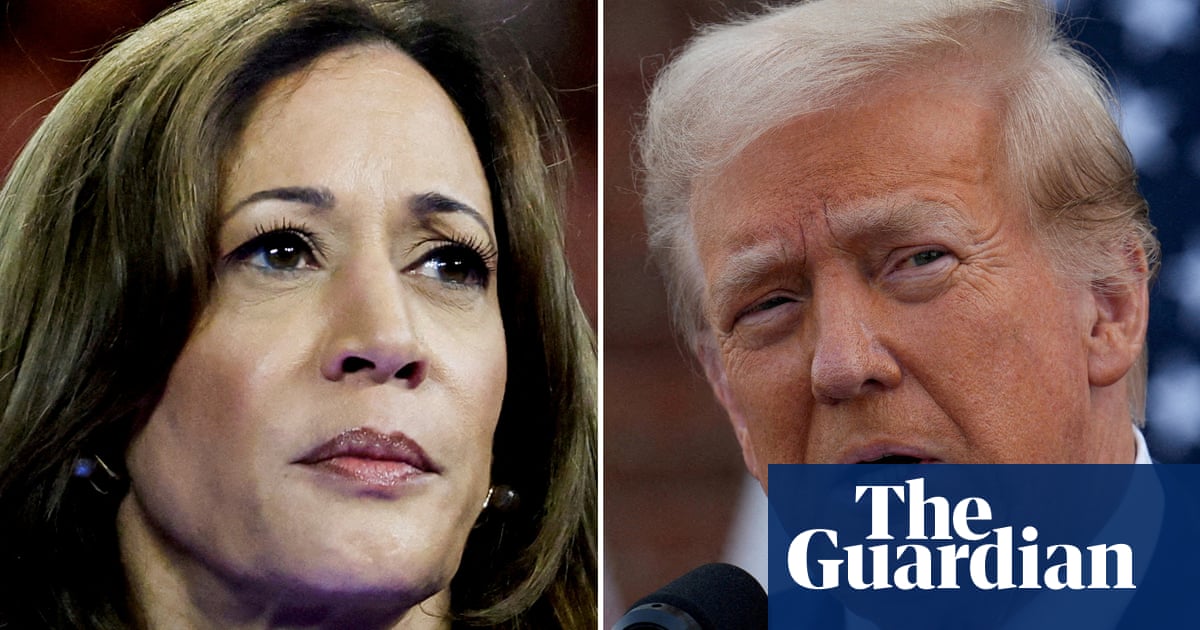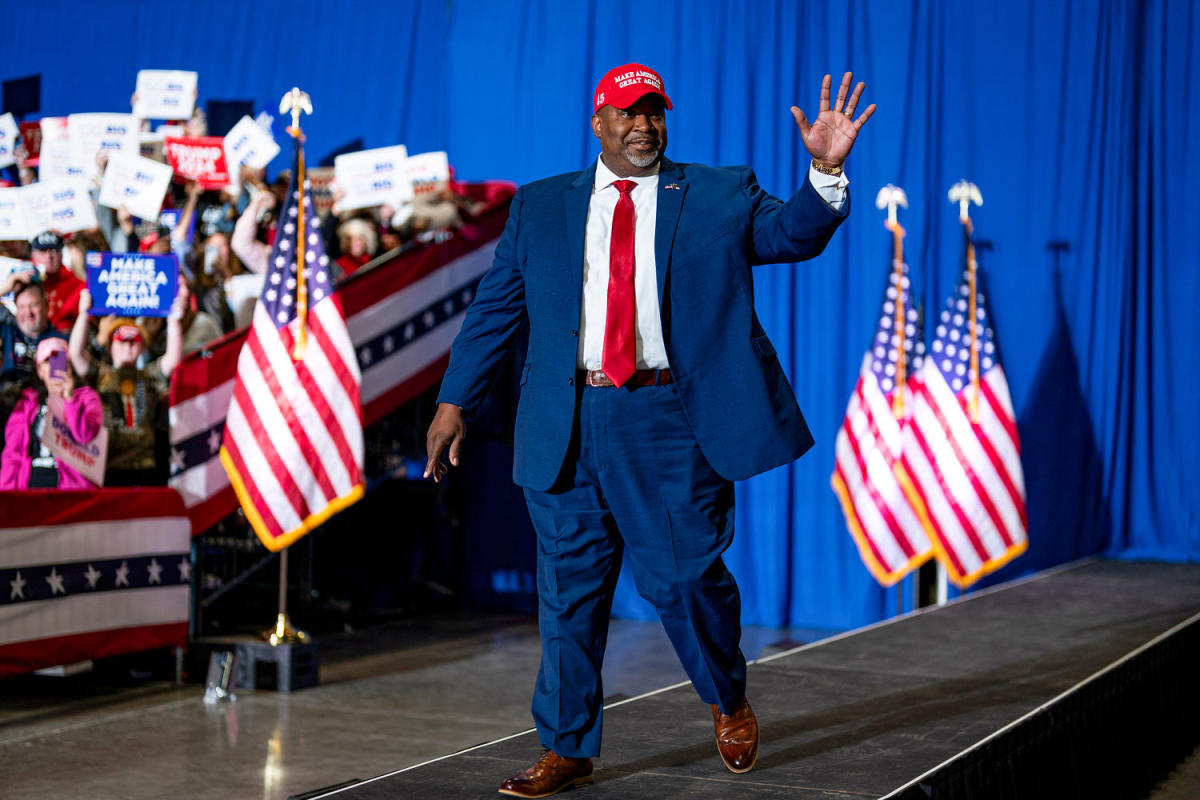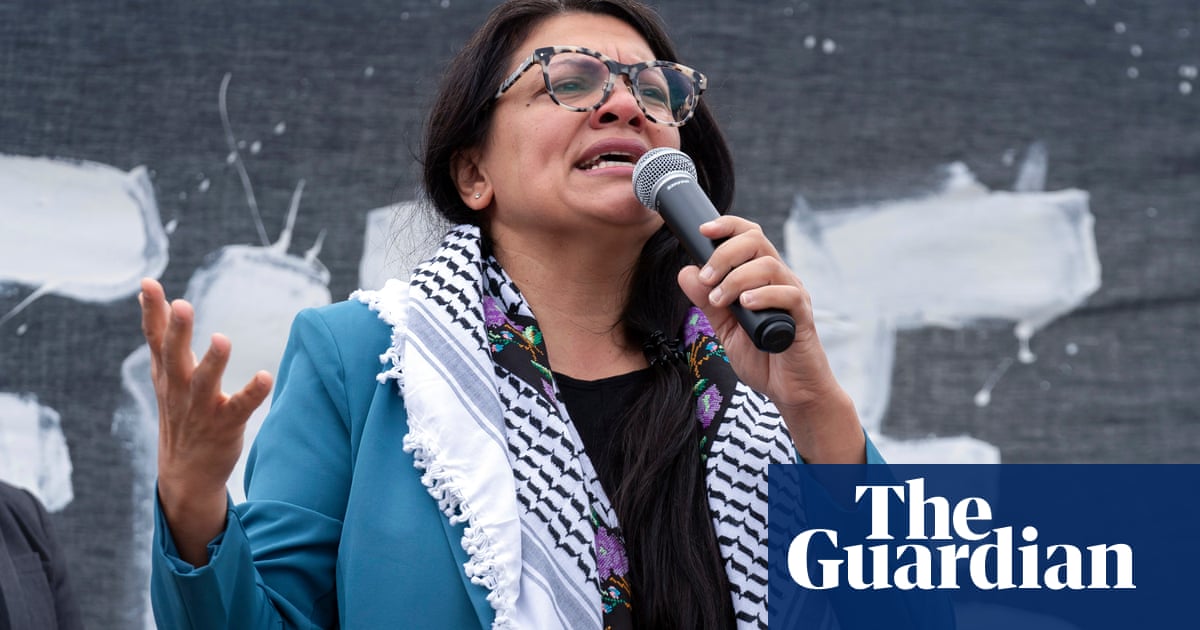One year ago, Benjamin Netanyahu came to the UN with a vision of a “new Middle East” anchored by Israel’s growing ties with its Arab partners in the region. Now he is on the brink of launching a major escalation against Hezbollah, ignoring calls for restraint from his allies over the Gaza war and defying criticism that he is prevaricating in negotiations over a temporary ceasefire.
The Israeli PM remains scheduled to speak on Friday at the UN general assembly in an appearance that is sure to lead to walkouts and protests on the streets of midtown Manhattan.
He has delayed his arrival in the US by at least a day as tensions rise with Lebanon, after an elaborate operation to detonate thousands of pagers and walkie-talkies used by Hezbollah that may signal the beginning of a broader war in the region.
The trip to New York may offer him a chance to evaluate support for an escalation in Lebanon, or to let Joe Biden and other allies know that he had made his decision and would not be talked down from a broader war.
Netanyahu’s trip to the UN comes after a year of bloodshed in Gaza that has left more than 41,000 people dead and led the international criminal court (ICC) to consider issuing arrest warrants for Netanyahu and Hamas’s leader in Gaza, Yahya Sinwar. The ICC judges are regularly rumoured to be close to approving a warrant that could accuse Netanyahu of war crimes.
Among those killed during the Gaza conflict have been 200 UN humanitarian aid workers. Netanyahu and the Israel Defense Forces have made claims that staff from the UN Relief and Works Agency for Palestine Refugees in the Near East (UNRWA) had taken part in the 7 October Hamas-led attacks, and nine members of the organisation had their contracts terminated after an internal UN review.
António Guterres, the UN secretary general, has said that he and Netanyahu have not spoken since the beginning of the war, but that he was ready to meet him on the sidelines of the summit if the Israeli PM asked.
“I have not talked to him because he didn’t pick up my phone calls, but I have no reason not to speak with him,” Guterres said. He blasted the “lack of accountability” for the deaths of the humanitarian aid workers, most of whom have been killed in strikes that the UN has slammed as indiscriminate.
Asked earlier this month if Netanyahu would meet Guterres, Israel’s UN ambassador, Danny Danon, said that the Israeli PM’s schedule had not been finalised yet.
Netanyahu’s most recent trip to the US came in July, when he addressed a raucous joint session Congress, promising “total victory” in his war against Hamas and mocking demonstrators against his appearance in the US Capitol as “idiots”. On the streets outside near Union Station, protesters clashed with police and defaced marble statues with paint.
It remains to be seen whether Netanyahu is ready to take a step further towards the abyss. Following an airstrike in Beirut on Friday that killed a senior Hezbollah commander and at least 13 others in Beirut’s Dahiyeh area, Israeli defence minister Yoav Gallant said that “even in Dahiyeh in Beirut – we will continue to pursue our enemy in order to protect our citizens”.
The new “series of operations in the new phase of the war will continue until we achieve our goal: ensuring the safe return of Israel’s northern communities to their homes,” he said.
Guterres had said that he viewed the booby-trapped pager attack against Hezbollah as a potential prelude to a military escalation by Israel in Lebanon and warned that the region was on the “brink of catastrophe”.
after newsletter promotion
Whether Netanyahu is ready to escalate, including by launching a ground operation, remains unclear, and both Hezbollah and its benefactor Iran have promised retribution for recent strikes. But Netanyahu’s office on Friday announced that he would delay his arrival by a day due to the situation, and Danon later told reporters that Netanyahu’s arrival date would depend on events in Israel.
Netanyahu addressed the UN last year riding high on the recently concluded Abraham accords. The landmark agreement normalised relations between Israel and two Arab states, Bahrain and UAE, with expectations that Saudi Arabia may soon sign the accords as well.
“When the Palestinians see that most of the Arab world has reconciled itself to the Jewish state, they too will be more likely to abandon the fantasy of destroying Israel and finally embrace a path of genuine peace with it,” Netanyahu said, holding a crude map with the words “The New Middle East”.
But the bloodletting in Gaza following the attacks by Hamas have sent tensions soaring, and most recently Saudi Crown Prince Mohammed bin Salman said his country would not recognise Israel without a Palestinian state with East Jerusalem as its capital.
And, if the ICC panel of judges makes a surprise decision this week to accuse Netanyahu of war crimes in Gaza, it will mark a further embarrassment as he goes from pariah to international fugitive.

 German (DE)
German (DE)  English (US)
English (US)  Spanish (ES)
Spanish (ES)  French (FR)
French (FR)  Hindi (IN)
Hindi (IN)  Italian (IT)
Italian (IT)  Russian (RU)
Russian (RU)  3 hours ago
3 hours ago






















Comments